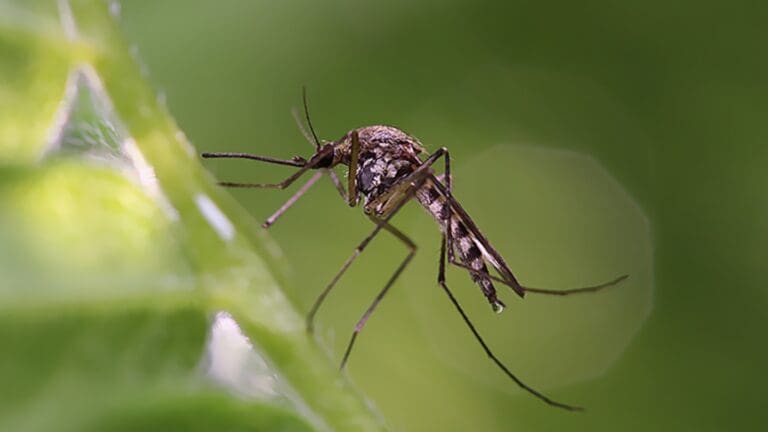The World Health Organization (WHO) has expressed concern over the ongoing malaria epidemic in Ethiopia with the Horn African nation reporting 8.4 million cases since the beginning of this year.
“Malaria continues to pose a public health risk in Ethiopia, (reaching) an epidemic proportion with an average of more than 300,000 malaria cases reported weekly across the country,” the WHO said in an Ethiopia Health Cluster Bulletin latest report.
The report said this year, more than 8.4 million malaria cases have been reported across the country, making it the highest-ever number of cases reported within a year.
Noting that “almost every district” in the East African country has reported a case, it said many of these districts have surpassed the epidemic threshold.
Malaria is endemic in Ethiopia with higher prevalence in areas below the 2,000-meter altitude, covering three-quarters of the country’s land mass, with around 69 percent of its population residing in these areas facing the risk of infection.
Typically, malaria peaks occur between September and December following the primary rainy season in the country, and from April to May after the secondary rainy season.
The international medical charity Medecins Sans Frontieres (MSF) recently warned that an “urgent and targeted” response is needed to control the ongoing malaria epidemic in Ethiopia.
MG/as/APA


